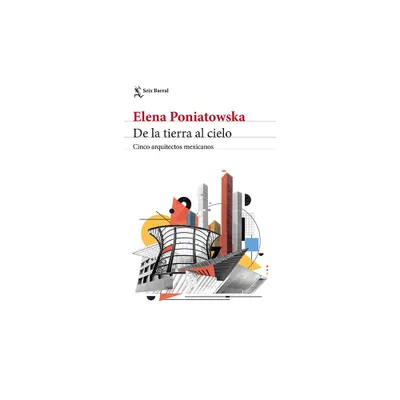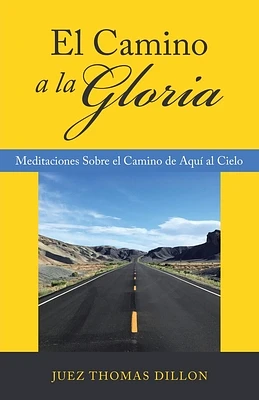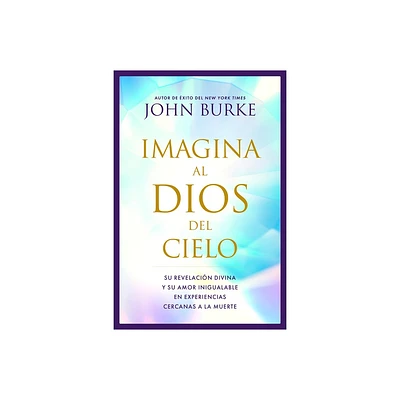Home
Non al Denaro, Non all'amore Né al Cielo
Loading Inventory...
Barnes and Noble
Non al Denaro, Non all'amore Né al Cielo
Current price: $46.99


Barnes and Noble
Non al Denaro, Non all'amore Né al Cielo
Current price: $46.99
Loading Inventory...
Size: OS
*Product Information may vary - to confirm product availability, pricing, and additional information please contact Barnes and Noble
Yet another of the brilliant concept albums
Fabrizio De Andre
released in the early '70s,
Non Al Denaro, Non All'amore Ne Al Cielo
("Nor Gold, Nor Love, Nor Heaven") is based on
Edgar Lee Masters
' famous collection of poems
Spoon River Anthology
. This was the first time
De Andre
adapted or translated material from a culture other than Italian or French, and he went about it in a much looser way.
Masters
' book consisted of fictional epitaphs delivered by the dead themselves, succinctly summarizing their hollow lives, effectively creating an unscathing collective fresco of the American small town and small-minded society. Together with poet
Giuseppe Bentivoglio
,
selected only nine of a total of 244 poems by
, discarded the original free form for rhyme and, fundamentally, most often chose to thoroughly rewrite the texts instead of relying on literal translation.
's main concern was how to turn a quintessential (and by then, outdated) American setting into a universal small town. All the specific references to American history and society that abound in
' work (particularly those dealing with the consequences of the Civil War) are gone, replaced by a close focus on those themes and characters that would have felt perfectly at home in any of
's own songs: a cast of outsiders and born losers trapped in a provincial bourgeoisie environment that stifles its dreamers through pettiness, hypocrisy, and envy.
Musically, this record is also somewhat different from the previous two concept albums, starting with the fact that
hired a new arranger for this project, a fresh from the conservatory
Nicola Piovani
, who would eventually become the leading Italian film composer of his generation.
Non Al Denaro
does away with the suite for narrator and choir structure of
La Buona Novella
and
Tutti Morimmo a Stento
. As a result, there is a brighter, sardonic gait to most of this record (highlighted by the ubiquitous use of flute) that contrasts with the solemn tone of before. Several tracks are closer to a
pop
song format rather than to a suite piece, and can stand on their own independently. Among a uniformly excellent collection, the delicate
"Un Malato di Cuore"
shines with a tenderness unparalleled in
's catalog. The story of a young boy born with a heart deficiency who dies after being given his first kiss, this is a song that is literally heartbreaking. Mention should also be made of the haunting leadoff track
"Dormono Sulla Collina"
that -- just like in the book -- introduces and synthesizes the entire project. Through clenched teeth,
takes roll call for a dozen or so
Spoon River
citizens from all walks of life, now all resting together in the town's cemetery, only to find out they'd all met with some kind of tragic or ignominious death. The song also provides an illuminating example of how
expanded and recontextualized the original material. Where
wrote the single line "they brought them dead sons from the war," in reference to the village's youth that went to the civil war and came back only as corpses,
includes an entire verse: "where are the sons that went to war/gone because of an ideal/a scam, a love gone wrong/they sent home their remains covered in the flag/tied up tight so that they'd look as if they were in one piece." Not only is a much more harrowing image of the brutality of war that also criticizes the pretenses of patriotism, but in 1971 it was impossible not to be reminded of the coffins coming back to the U.S. from a raging Vietnam war.
Spoon Rivers Anthology
was introduced to Italian culture in the '40s thanks to the courageous effort of translator
Fernanda Pivano
, and became a cult book among Italian youth and intelligentsia. In the opinion of
Pivano
herself,
's concise, updated, reinterpretation of
'
poetry
far surpassed its source. Those fortunate enough to understand the nuances of both the English and Italian versions would find it very hard not to agree with her, and that is just about the highest compliment one can pay to this extraordinary album. ~ Mariano Prunes
Fabrizio De Andre
released in the early '70s,
Non Al Denaro, Non All'amore Ne Al Cielo
("Nor Gold, Nor Love, Nor Heaven") is based on
Edgar Lee Masters
' famous collection of poems
Spoon River Anthology
. This was the first time
De Andre
adapted or translated material from a culture other than Italian or French, and he went about it in a much looser way.
Masters
' book consisted of fictional epitaphs delivered by the dead themselves, succinctly summarizing their hollow lives, effectively creating an unscathing collective fresco of the American small town and small-minded society. Together with poet
Giuseppe Bentivoglio
,
selected only nine of a total of 244 poems by
, discarded the original free form for rhyme and, fundamentally, most often chose to thoroughly rewrite the texts instead of relying on literal translation.
's main concern was how to turn a quintessential (and by then, outdated) American setting into a universal small town. All the specific references to American history and society that abound in
' work (particularly those dealing with the consequences of the Civil War) are gone, replaced by a close focus on those themes and characters that would have felt perfectly at home in any of
's own songs: a cast of outsiders and born losers trapped in a provincial bourgeoisie environment that stifles its dreamers through pettiness, hypocrisy, and envy.
Musically, this record is also somewhat different from the previous two concept albums, starting with the fact that
hired a new arranger for this project, a fresh from the conservatory
Nicola Piovani
, who would eventually become the leading Italian film composer of his generation.
Non Al Denaro
does away with the suite for narrator and choir structure of
La Buona Novella
and
Tutti Morimmo a Stento
. As a result, there is a brighter, sardonic gait to most of this record (highlighted by the ubiquitous use of flute) that contrasts with the solemn tone of before. Several tracks are closer to a
pop
song format rather than to a suite piece, and can stand on their own independently. Among a uniformly excellent collection, the delicate
"Un Malato di Cuore"
shines with a tenderness unparalleled in
's catalog. The story of a young boy born with a heart deficiency who dies after being given his first kiss, this is a song that is literally heartbreaking. Mention should also be made of the haunting leadoff track
"Dormono Sulla Collina"
that -- just like in the book -- introduces and synthesizes the entire project. Through clenched teeth,
takes roll call for a dozen or so
Spoon River
citizens from all walks of life, now all resting together in the town's cemetery, only to find out they'd all met with some kind of tragic or ignominious death. The song also provides an illuminating example of how
expanded and recontextualized the original material. Where
wrote the single line "they brought them dead sons from the war," in reference to the village's youth that went to the civil war and came back only as corpses,
includes an entire verse: "where are the sons that went to war/gone because of an ideal/a scam, a love gone wrong/they sent home their remains covered in the flag/tied up tight so that they'd look as if they were in one piece." Not only is a much more harrowing image of the brutality of war that also criticizes the pretenses of patriotism, but in 1971 it was impossible not to be reminded of the coffins coming back to the U.S. from a raging Vietnam war.
Spoon Rivers Anthology
was introduced to Italian culture in the '40s thanks to the courageous effort of translator
Fernanda Pivano
, and became a cult book among Italian youth and intelligentsia. In the opinion of
Pivano
herself,
's concise, updated, reinterpretation of
'
poetry
far surpassed its source. Those fortunate enough to understand the nuances of both the English and Italian versions would find it very hard not to agree with her, and that is just about the highest compliment one can pay to this extraordinary album. ~ Mariano Prunes


















